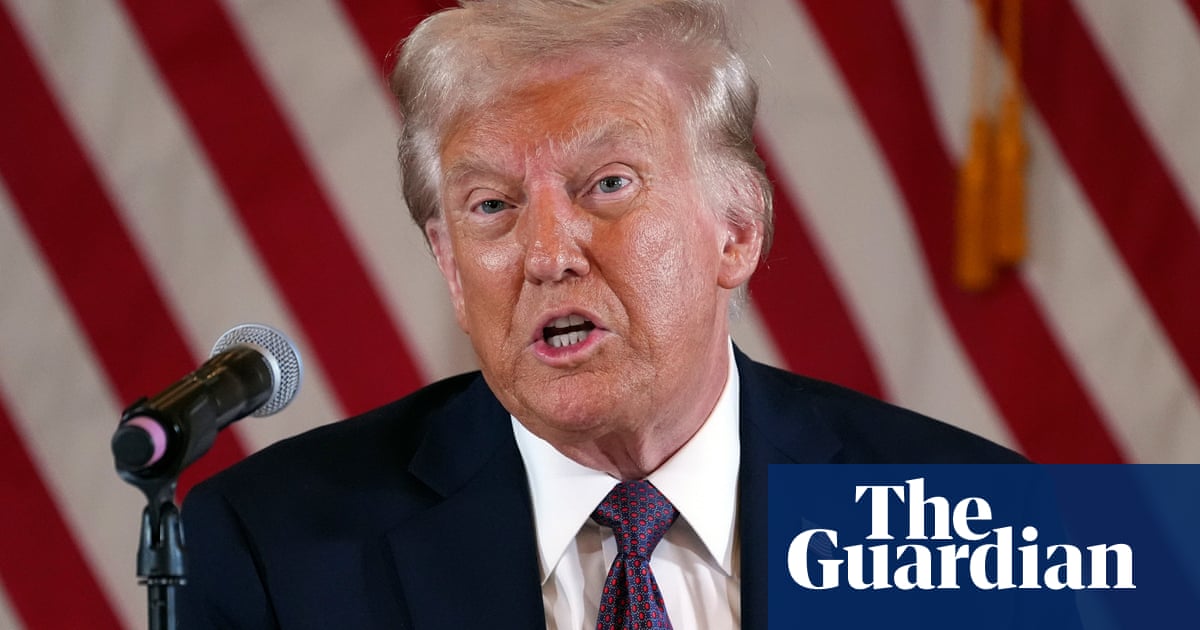At any one moment in towns and cities across Russia, thousands of drug packages lie buried in the ground, attached by magnets to lamp-posts or taped underneath window sills, waiting to be picked up by their intended customers.
From the streets of Moscow to remote towns in Siberia, hand-to-hand buying of illegal drugs – as is the norm in most of the world – is on the wane. Instead, retail-size bags of drugs are secreted using spycraft by an army of young kladmen (stash men) who upload dead-drop locations, which are unlocked when customers make an online purchase.
“Everyone above the age of 14 in Russia knows about kladmen and dead drops,” said a Russian lawyer specialising in the drug world. There is even a how-to guide, the Kladman’s Bible, which instructs couriers in how to package and hide drugs while avoiding police and “seagulls” – specialist thieves who hunt for dead-dropped drugs. They are encouraged to take the Russian winter weather into consideration by covering telltale footprints in the snow.
But it goes further than dead drops. Behind this new way of buying drugs, according to a report from the Global Initiative against Transnational Organized Crime (GI-TOC), are a new breed of tech-savvy organised crime groups characterised by self-promotion and violence. Against the backdrop of Russia’s strict anti-drug regime and geopolitical isolation, a powerful darknet drug industry has developed. Fronted by lavish websites, Hollywood-quality promotional videos and audacious PR stunts on Moscow’s streets, it now dominates the trade from production to sale – and is taking root outside Russia, from the battlefields of Ukraine to the streets of Tbilisi and Seoul.

At the bottom is a conveyor belt of poorly paid Russians looking for a financial shortcut amid low prospects and high inflation. Russian prisons are full of young kladmen, some of whom have been sent to die on the frontline in Ukraine. Those with bad reviews are meanwhile punished by enforcers, with beatings posted to Telegram.
The key product is mephedrone, a stimulant powder known in Russia as “salt” that was briefly popular in the UK in the late 2000s as a cheap substitute for cocaine and MDMA. One online drug shop owner said it was like a “new religion” for young Russians – but its popularity is driven by design, not just demand.
For those profiting from this trade – the Amazon-style darknet platforms and the thousands of shops that pay to be on them – it is the ideal commodity. It is manufactured using readily available precursor chemicals from China, meaning production can occur close to market, an important factor if you are supplying illegal drugs in the world’s largest country by area, putting less onus on the expensive, risky importation of foreign-produced cocaine, MDMA and heroin.
The darknet markets also act as hubs for the sharing of precursor chemicals, lab equipment and video tutorials that have created a vast network of amateur chemists churning out mephedrone nationwide.

It is a unique model forged by a mix of necessity and a country with a relatively advanced digital realm. The high risk of buying and selling drugs in Russia, both on the streets and via its unreliable, heavily monitored postal system, led to a new system cloaked by a layer of anonymity. In less than a decade it has become a billion-dollar industry, vastly more valuable than western darknet markets.
“It was as if the Russian market was waiting for a contactless method of drug delivery,” a Russian drug expert told the GI-TOC report. “Before this system of dead drops appeared, you’d have to wait for a dealer, sometimes for hours, be afraid of the hoodlums who could literally rob you of drugs, you were visible to police, as everyone knew where a dealer’s place was. So at first this system of dead drops created a sense of security.”
It is a model that has spread to Russian-occupied areas of Ukraine, where Russian soldiers use Telegram channels and dead drops to buy drugs. A month after the fall of Mariupol, a shop called CaifCoin was searching for kladmen in Mariupol and another called Republic started giving out free samples via dead drops in occupied Kherson. Shops operating in occupied parts of Ukraine offered subscribers about 18,000 rubles (£140, $180) to beat up errant couriers.
The spread of the Russian model is most pronounced in neighbouring countries, but in June 2023 South Korea’s president, Yoon Suk Yeol, declared an “all-out war” on online drug vendors using dead drops after hundreds of arrests, and after a 14-year-old girl was found slumped in a public bathroom after allegedly using cryptocurrency to buy crystal meth.

The longest-running darknet platform, Hydra, made $1.7bn in 2021 from 17 million customers. Operating as a monopoly, it was also an international hub for money laundering and hacking until German police found its 55 servers near Frankfurt and shut it down. Four new darknet platforms – Mega, Kraken, OMG! OMG! and Blacksprut – now battle for customers far out of the shadows. In March, a bus pumping out electronic music emblazoned with Kraken’s logo and a QR code to buy drugs was used to block one of Moscow’s busiest streets. A year before, a huge electronic billboard promoting Blacksprut showed a woman in a futuristic mask and the words: “Come to me if you’re looking for the best.”
“Moriarty”, the masked figurehead of the largest darknet market, Mega, regularly taunts the Russian authorities, who have failed to arrest the masterminds, while updating his 2.8 million followers with red pill-style videos on masculinity and how to get rich on the drug trade.
Like most drug underworlds, the industry is shot through with brutality. Many online shops employ enforcers, known as “sportsmen”, to find and punish kladmen with bad reviews from buyers who could not find their drugs, or those who are suspected of stealing. The poorer couriers are easily traced because those who could not afford the deposit needed to get the job have to provide an ID card.
These brutal attacks are often filmed and uploaded to social media – some Telegram groups have posted up to 2,000 clips – as victims are forced to beg for forgiveness. It is routine to see people beaten unconscious, while the most extreme videos feature fingers being broken or cut off, sexual assault and, in at least one case, murder.
“Those running Russia’s drug trade, the big darknet markets, now have unique control over the drug trade and the drugs people are most likely to buy,” said the report. “Darknet markets should not be understood simply as online markets, but as a criminal ecosystem shaping drug use, distribution and production trends across Russia and across an increasing number of countries on Russia’s border.”
-
Max Daly is co-author of Breaking Klad: Russia’s Dead Drop Drug Revolution, published by the Global Initiative against Transnational Organized Crime (GI-TOC)

.png) 1 month ago
11
1 month ago
11













































